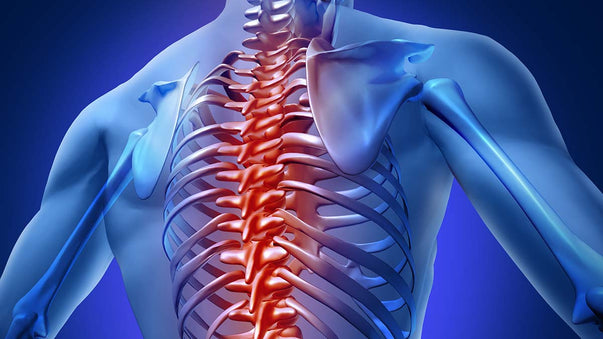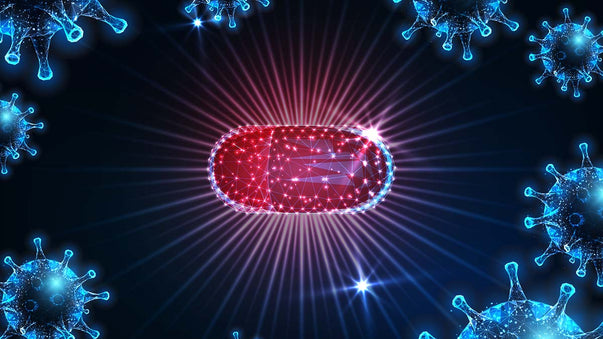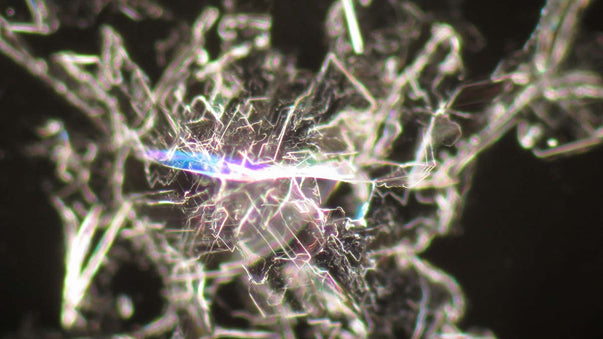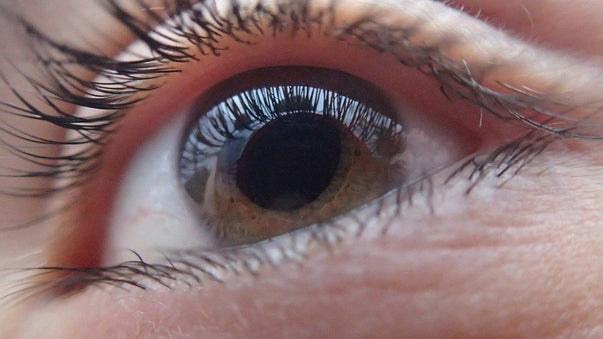Pulse Newsletter
Browse page 7 of our Pulse Newsletter articles in the Thrivous Views blog at Thrivous. They're listed below. If you prefer, you can also browse all articles in Thrivous Views. Or search for articles and other content on the Thrivous website.
-
We Evolved to Remain Active for Longer Healthy Life
Humans evolved to live many decades after they stopped reproducing. Evolutionary biologists and biomedical researchers at Harvard have presented evolutionary ...
-
AI-Boosted Brain Stimulation May Enhance Cognition
Researchers at University of Minnesota and Massachusetts General Hospital have shown that it is possible to improve specific human brain ...
-
Controlled Molecular Motion for Spinal Cord Repair
Northwestern University researchers have developed a new injectable therapy that harnesses "dancing molecules" to reverse paralysis and repair tissue after ...
-
Antiviral Pills for COVID-19 Show Encouraging Results
Pfizer announced that its COVID-19 oral antiviral candidate, Paxlovid, significantly reduced hospitalization and death. This was based on an interim ...
-
Are Amino Acid Derivatives the Precursors of Life?
Researchers at Hiroshima University have suggested a link between chemistry and life. And they've built a prebiotic chemical precursor of ...
-
Brain Implant Enables Artificial Vision for Blind Woman
Researchers at University Miguel Hernández, Netherlands Institute of Neuroscience, and University of Utah (USA), have enabled a blind woman to ...
-
A Sense of Purpose Enhances Memory and Health
Researchers at Florida State University have found a link between an individual's sense of purpose and their ability to recall ...
-
Mind Over Back Pain
Physicians and scientists at Beth Israel Deaconess Medical Center have developed a 12-week mind-body program. It takes a new approach ...
-
Machine Learning in Solid State Quantum Matter
Researchers led by Rutgers University have found that learning - a universal feature of intelligence in living beings - can ...
-
How Cancer Cells Evade the Immune System
Researchers at Howard Hughes Medical Institute have discovered that many genes linked to human cancer block the body's natural defense ...










